How Does HMRC Know About Undeclared Income?
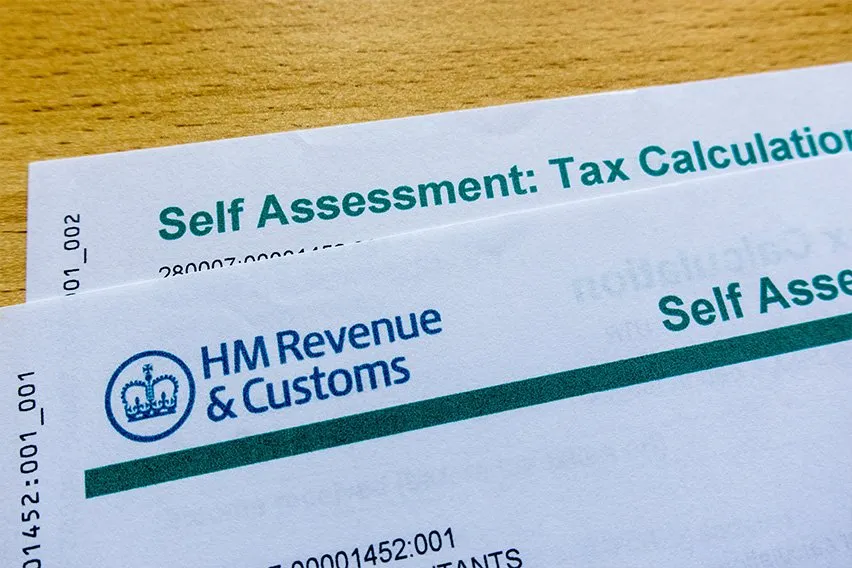
In 2010, HM Revenue and Customs (HMRC) launched a super computer (or ‘snooper computer,’ as its been nicknamed). The software is called Connect and it’s a highly sophisticated, quick way of analysing huge amounts of information. HMRC invested in this very expensive tool in order to detect undeclared income and make sure all taxpayers are paying tax.
Connect finds fluctuations, patterns and associations between what seem to be totally unrelated pieces of data. This helps the government figure out when taxpayers’ declared income and lifestyle don’t match up, suggesting deliberate tax evasion.
Here’s What We’ll Cover:
Does HMRC Know How Much I Earn?
Yes, HM Revenue and Customs can see how much you earn, from your pay as you earn (PAYE) records and the information you provide on your self-assessment tax return. That’s just the figures you’re telling them.
If you have other undeclared income, HMRC use Connect and other methods to find it and make sure you pay your tax on it. You’ll need to pay the back taxes too. And you may be looking at the UK’s tax evasion penalty system, which can be quite severe.

Can HMRC Trace Bank Accounts?
HM Revenue and Customs has wide-ranging powers to find the information they need to get people to pay tax on their income, including your bank account. They don’t disclose all of the information sources that they feed into Connect, but these are definitely some of them:
- Other government departments and agencies: DVLA, DWP, the Land Registry, Border Agency, Companies House, electoral role, council tax records.
- All tax returns, including income tax, value added tax (VAT), corporation tax and PAYE.
- Financial records held by: Bank and building society accounts, online payment providers, debit and credit card accounts, credit reference agencies, crypto asset platforms and insurance companies.
- Financial information about your situation in other countries through the new global strategy to tackle tax havens, called the common reporting standard.
- Online sales websites like Amazon, eBay and Airbnb, and property websites like Rightmove and Zoopla.
- Social media: Everything that you put out there on Facebook, Instagram, LinkedIn, Twitter and any other social networking site.
- Even more peripheral information can help HMRC discover undeclared income and get the Treasury’s money back. Flight sales, passenger manifests, the Charities Commission and Google Earth may help to build the case against people who are trying to hide some or all of their income.
How Can I Tell If HMRC Is Investigating Me?
You will get a letter from HMRC telling you that you are under investigation for suspected tax fraud. A number of things can trigger this: Inconsistencies on your tax return, a tip off from someone, an HMRC focus on your industry, or something highlighted by Connect.
When you find out you’re the focus of a compliance check, you need to get professional help as soon as possible. It may be the case that this is just a strange anomaly in the system and there ends up being no case to answer. But it isn’t wise to try and tackle an HMRC investigation by yourself. Even though you have all your paperwork in order through FreshBooks’ accounting software and you haven’t deliberately tried to evade tax payments, you still need your accountant to check through all the finer details of your financial position.
Does HMRC Always Prosecute?
Right now, if you have income that you haven’t paid tax on, you need to get professional help straightaway. The sooner you tell HMRC, the better the outcome for you. For example, if you approach them about undeclared income before they even suspect you, you’re unlikely to face prosecution.
Essentially, the government wants all income to be declared, and to collect all the money it expects. People who are investigated and found to have not declared income will face penalties, and have to repay the tax they owe. HMRC can go back 20 years if it suspects you are deliberately evading tax. But it may also enter into agreements with taxpayers in order to make these payments within the scope of their earnings. The priority is reclaiming the tax owed, and prosecution is the final stage of a much more detailed progression.
However, this may only happen if your case also involves false accounting, suspected evasion or fraud, and failing to declare income does not always make HMRC want to chase you and put you behind bars. In a nutshell, you are less likely to be prosecuted if:
- You tell HMRC about your undeclared income before they even begin to suspect you of wrongdoing.
- You are only guilty of failing to report income, and you are not involved in further wrongdoing (i.e. you have created fraudulent documents).
- The unpaid tax amount is small. Most of the time, taxpayers are prosecuted when their undeclared income exceeds £50,000.
What Happens After You Report Undeclared Income?
As soon as you tell HMRC about the income you have not paid tax on, an HMRC inspector will be assigned to your case. Inspectors are specially trained to handle tax enquiries and usually require the following:
- Tax returns completed for all concerned years
- Additional documents and information on your end
HMRC may even suggest a meeting to discuss your case of undeclared income. From that point moving forward, this will be a typical self-assessment enquiry, which means that your case will follow a similar course. Your tax professional or accountant can provide you with more details about this.
Keep in mind that the HMRC can go back from 4 to 20 years, depending on the case. If you have taken reasonable care to submit the right return, they will investigate the past 48 months. Failing to do so extends this period to 6 years. For a deliberate case of undeclared tax liability or failing to notify liability, HMRC have the right to go back 20 years.

What’s Next – How Does This End & Where To Get Support
In the overwhelming majority of cases and investigations, HRMC will seek a financial settlement to close the matter, which involves an agreement between the tax office and you that you will pay HMRC a certain sum to cover your unpaid taxes. On top of that, you will be called upon to pay some penalties —which could be equal to the outstanding tax sum — as well as interest. Note that your behaviour will determine the level of penalty you receive. Taxpayers attempting to mislead HMRC end up paying much higher penalties.
In practice, you can expect HMRC to provide a calculation of the due interest and tax and the corresponding penalty level. At this point, you can choose whether you want to pay the total sum or not. When you have agreed on the payment amount, HMRC will create a letter containing all the needed finance details, including the specific date(s) you have offered to pay the due figure. You will have to sign this letter while also stating that you have made a complete disclosure of your gains and income. This is a very critical step to take, especially if you have not told HMRC the truth. If they find out about it later, you could face prosecution and jail time.
However, only sign the agreement if you are confident that the proposed solution from the HMRC is the best for you. Otherwise, seek advice and assistance from a tax professional. There is no going back if you sign the letter and then have a change of heart.
What To Do If You Don’t Reach An Agreement With HMRC?
Your best course of action would be to take your case to the Tax Tribunals. Note that whatever decision is made by the Tax Tribunals, it will be conclusive and will determine the level of income that needs to be taxed.
No matter how you choose to close your case, know that the tax office will take a closer interest in your tax matters in the following years.
More Useful Resources
RELATED ARTICLES

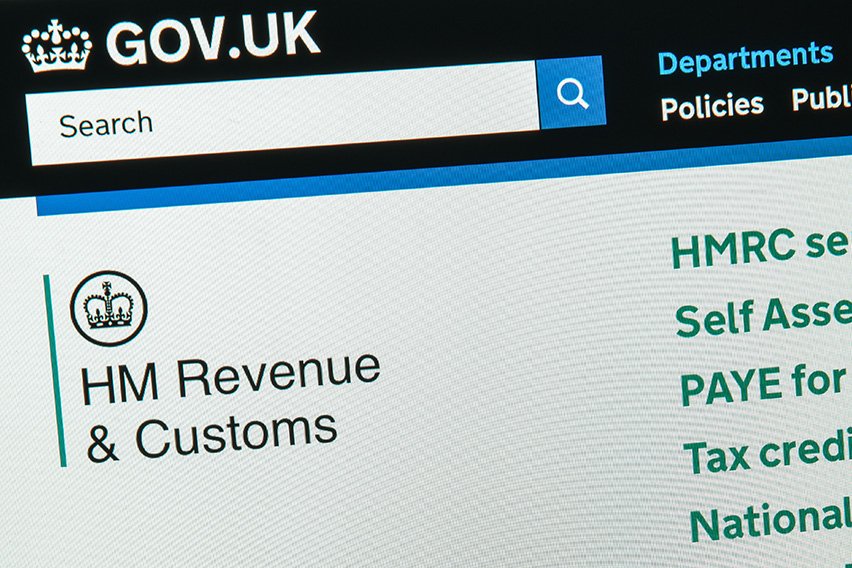 How To Contact HMRC About Tax Code
How To Contact HMRC About Tax Code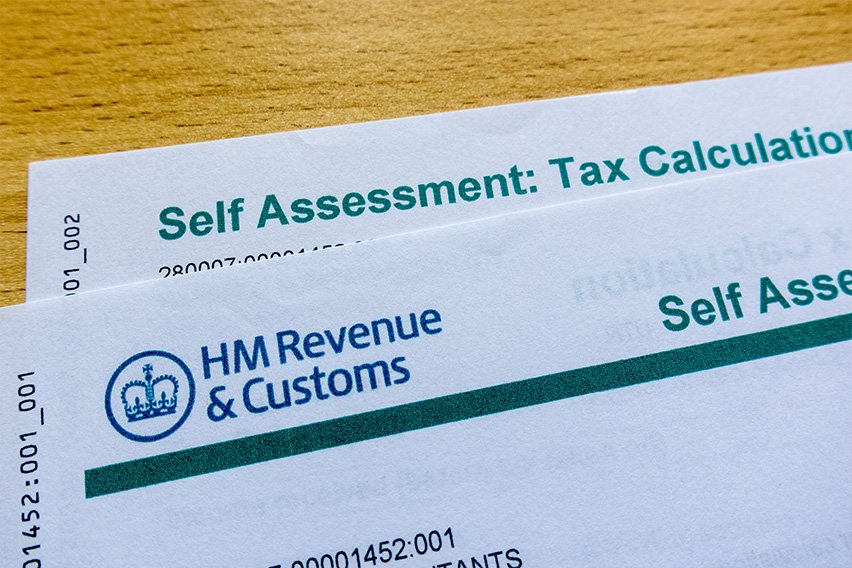 How Does VAT Work: An Overview
How Does VAT Work: An Overview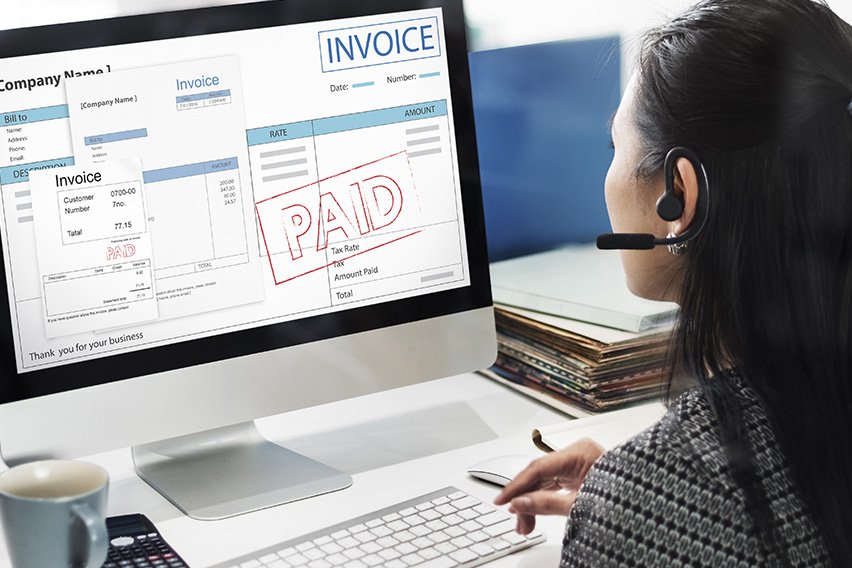 Do You Know How to Pay Your UK Gov, VAT Bill Online? Learn How to Pay VAT Online in Our Quick Guide.
Do You Know How to Pay Your UK Gov, VAT Bill Online? Learn How to Pay VAT Online in Our Quick Guide.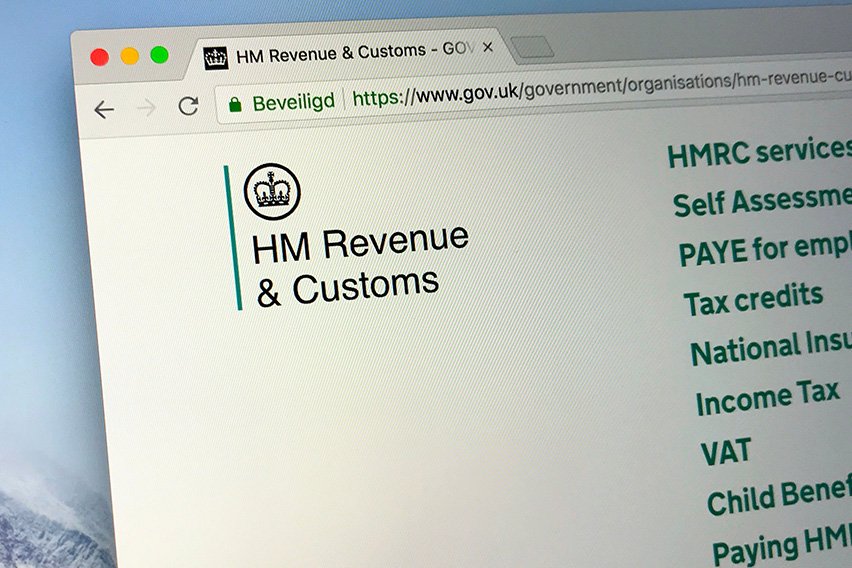 Can You Live Chat With HMRC?
Can You Live Chat With HMRC?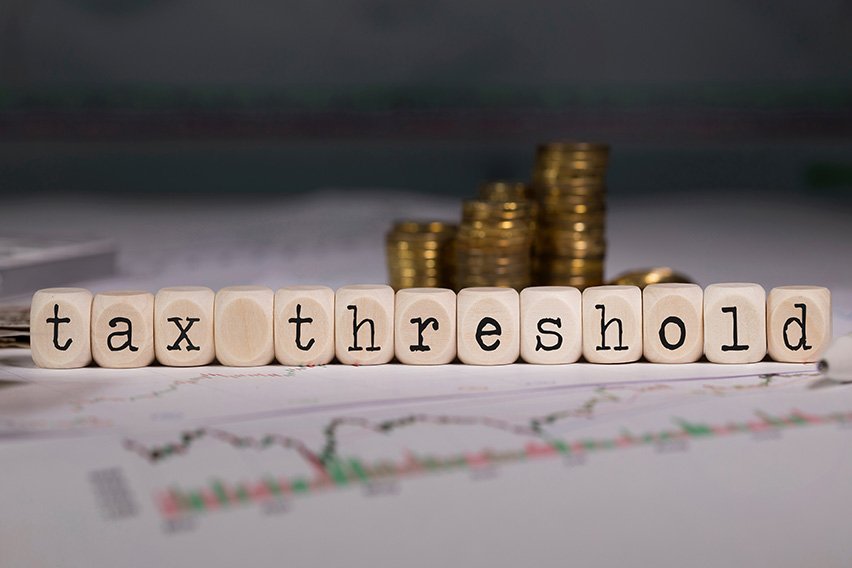 Income Tax Threshold, Rates, and Allowances for 2025-26
Income Tax Threshold, Rates, and Allowances for 2025-26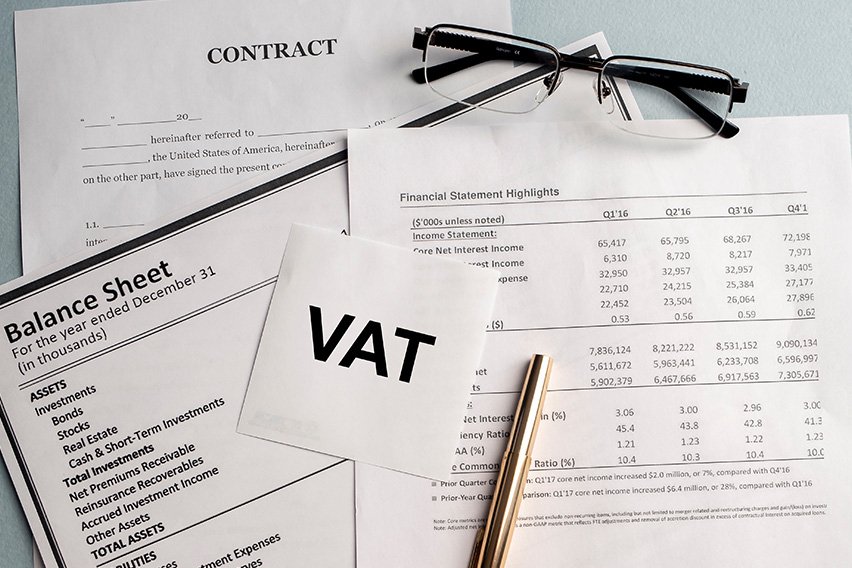 VAT on Services Outside UK: Learn the VAT Rules for Services That Take Place Outside the UK.
VAT on Services Outside UK: Learn the VAT Rules for Services That Take Place Outside the UK.